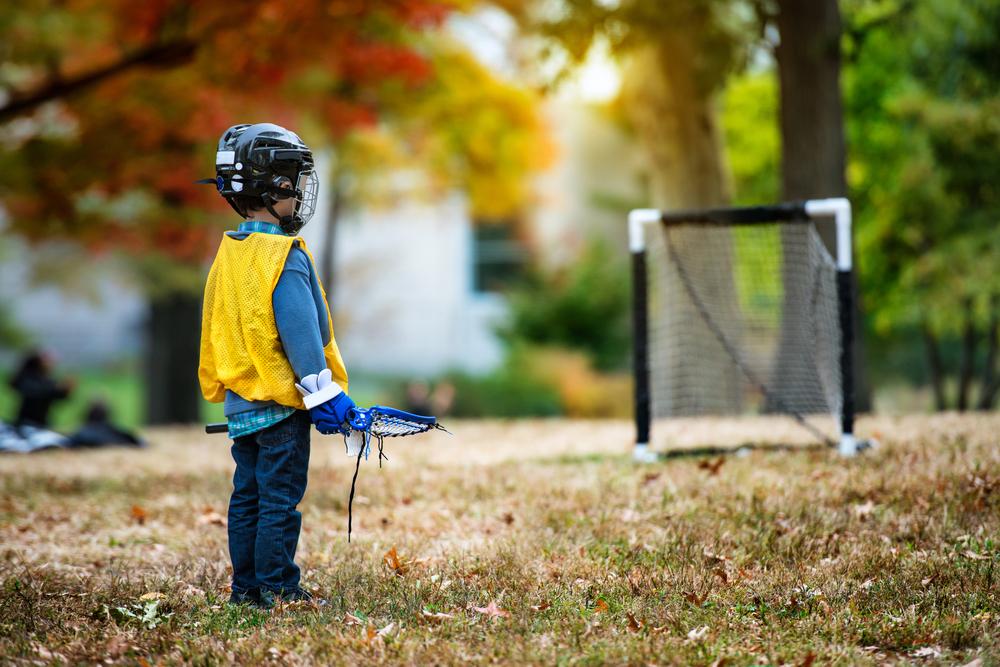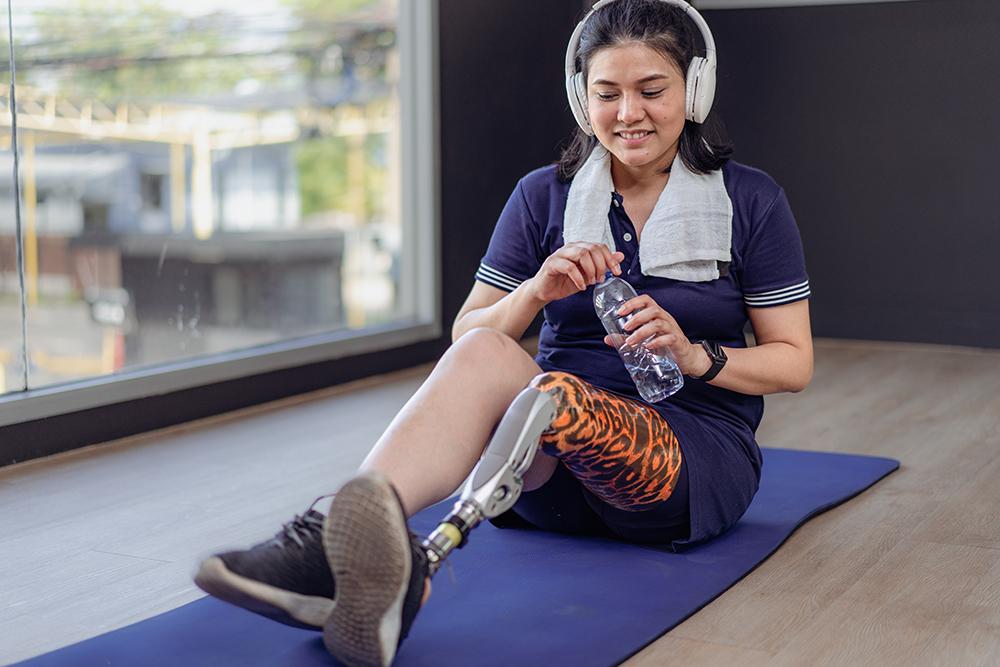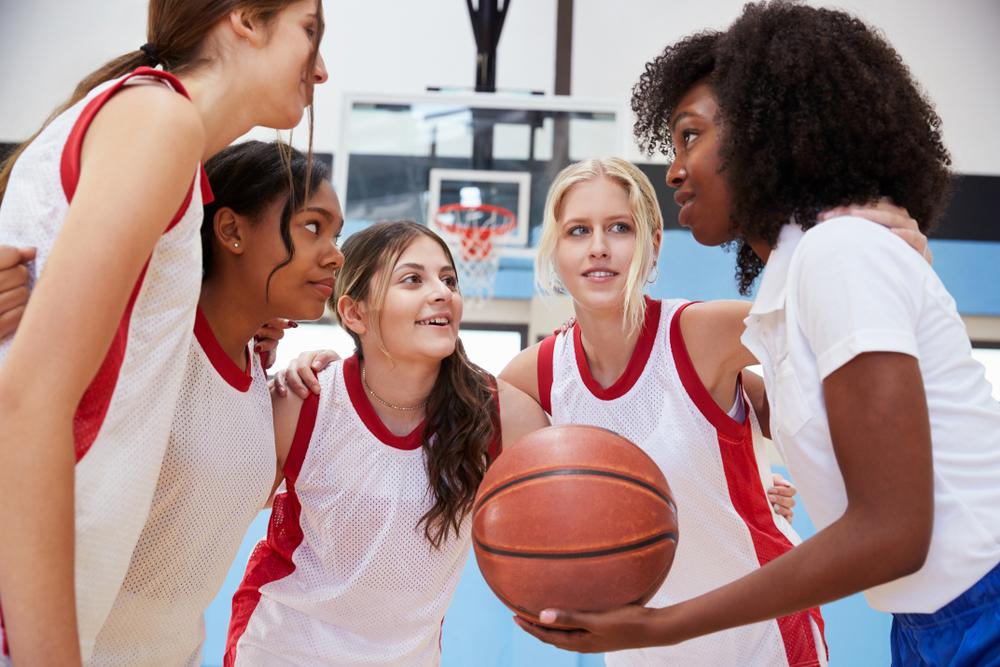 Being the ‘new kid’ is tough, especially when joining a youth sports team that has been together for several seasons.
Being the ‘new kid’ is tough, especially when joining a youth sports team that has been together for several seasons.
Even just one new player can cause a big shift in team chemistry and roles. This sometimes creates a high-pressure, high-expectation situation in which:
- Returning players may feel resentment toward a newcomer who takes over their old position;
- Teammates become frustrated if the new player’s ability doesn’t improve the team’s overall play;
- A new athlete may ruffle some feathers by assuming a leadership position their teammates may feel is unearned.
Fortunately, how to deal with these new-team dynamics has been studied by sport psychologists, and their research shows several ways parents, coaches, and athletes can help minimize the pressure and maximize performance.
How Coaches and Parents Can Help
In the article Coaching Strategies for Helping Adolescent Athletes Cope with Stress sports psychology researchers Jenelle N. Gilbert, PhD, Wade Gilbert, PhD, and educational researcher Cynthia Morawski, PhD share ways coaches and parents can ease high-expectation stress:
Critique Skills, Not the Person
When offering critiques, make it about the athlete’s skills or technique, and not them as an individual. You should also shift the athlete’s focus to what they have control over (form, strategy, etc.) and not to outside stressors they don’t (others’ expectations, the final score, etc.).
Establishing individual performance goals with each athlete in a one-on-one coach’s meeting can also help create a more focused environment on overall improvement. An additional benefit of this meeting is that it provides an opportunity for the coach to build a stronger relationship with each athlete. As noted by Jenelle Gilbert, “When an athlete knows that the coach cares, the athlete is more likely to hear what the coach has to say and work toward getting better.”
Create a Supportive Team Environment
Youth sport coaches should do everything they can to make a new athlete feel welcome and part of the team. This can be done any number of ways:
- Rotate starters and allow all athletes to play different positions and roles
- Set team and individual performance objectives that aren’t win-loss oriented
- Establish group pre-game routines and warm-ups
- Keep a positive attitude, highlight things done well, and praise effort (not just results)
- Organize team activities unrelated to the sport at-hand
- When errors are addressed, make it about the team and not the individual
Remember the Person
A major stressor for young athletes comes when they only identify themselves as athletes.
Before practices and games, coaches should take time to ask about their team’s lives outside of sport. This indirectly communicates that the next two hours aren’t the beginning and end of the coach’s regard for them.
How Athletes Can Navigate New Expectations
It will take some time to feel out the expectations of a new team, coach, and teammates. Coaches can help expedite this process, but there are also things new athletes can do to make the transition easier:
Create a Commitment Checklist
After learning what the team expectations are, athletes can create a checklist (even just a mental one) of what good commitment looks like.
Items on this list could include doing 50 repetitions of a skill before practice (e.g., free throws, serves, etc.), volunteering to go first in drills, or even helping set up and tear down equipment. A checklist also allows athletes to focus on a routine instead of the pressure they might be feeling.
Positive Self-Talk
Athletes can learn to reframe pressure and expectations as good things that are there to help them try their best.
Cue words such as a personal motto or something as simple as ‘do work’ or ‘play on’ written on their equipment (such as a wrist band or the tops of shoes) can also keep an athlete’s mindset positive. Jenelle Gilbert acknowledges that “Writing positive self-talk statements may seem excessive, but an intentional approach is best, especially when learning or trying to change a habit. When athletes see the positive-self-talk statements, it can redirect their thinking and help them focus on what is important in that moment. And because the statements refocus them on their performance, any nervousness that they may be experiencing can be lessened.”
Say ‘Yes’
A common coping mechanism for athletes who feel out of place is to just ‘stay out of the way.’
Instead, encourage athletes to say ‘yes’ to every invitation, or make their own. This could mean sitting and eating with a group of teammates during a day-long practice, going to every team function, or (with the help of a parent) organizing an afternoon at a waterpark or arcade.
—
In the end, managing the expectations of athletes and teams, new and old, is all about communication and positivity.



